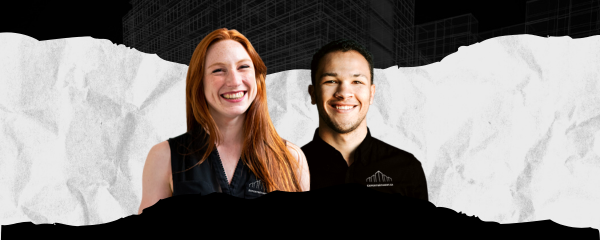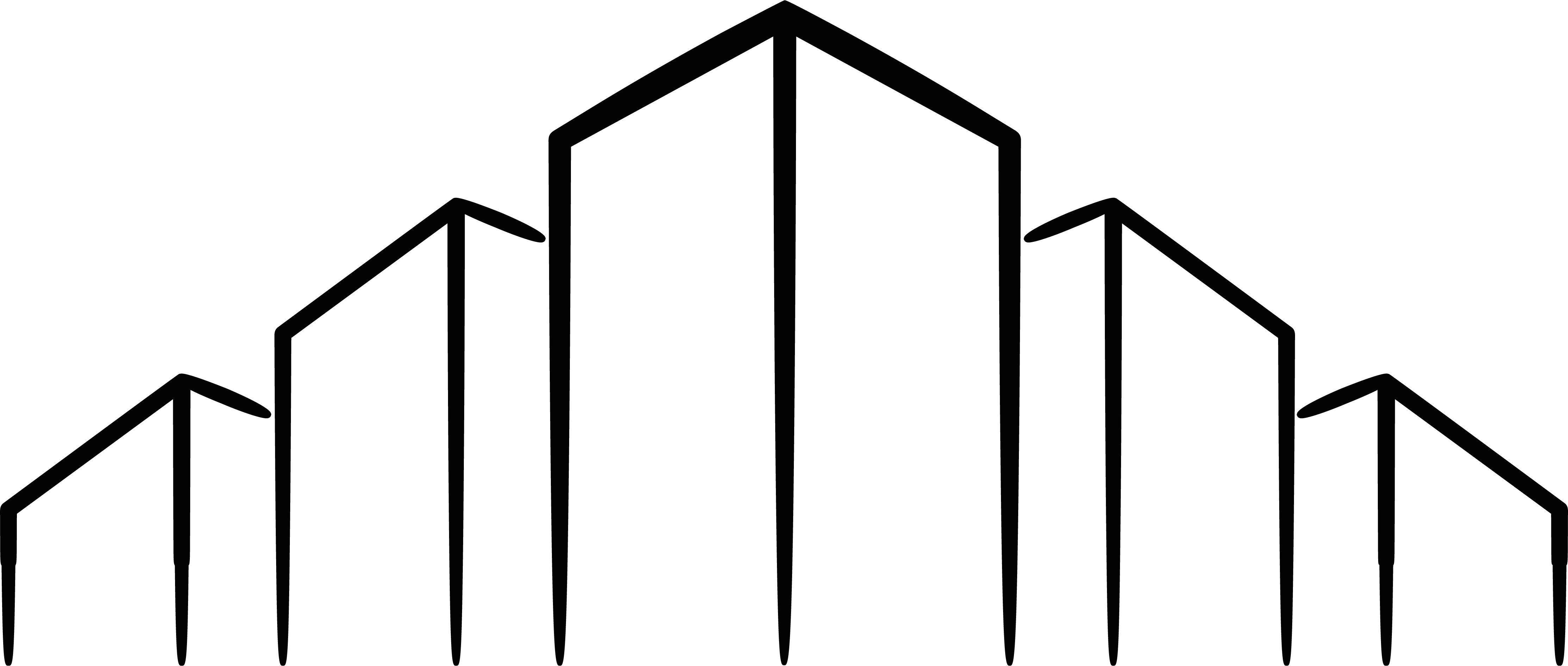Building health check
A health check is an evaluation of the physical condition of a building. It consists of a visual inspection of all the components of the interior and exterior. Whether it is a residential or commercial building, the assessment is established following the visit of an expert, who is able to make a diagnosis on each of the elements verified.
Before proceeding with major changes, it is wise to proceed with a health check to avoid unpleasant surprises during the work, but especially to preserve the safety of the premises and its occupants.
A complete report summarizing all components requiring maintenance, repair, refurbishment or replacement is submitted at the end of the mandate.
The health check-up allows you to :
- To have a better management of the assets;
- Know the general health of the building;
- List items that require special attention;
- Establish priorities for future repair work;
- Facilitate the budgetary management of maintenance and/or necessary work.
List of elements targeted during a building health check
- General condition of the premises
- Land
- Foundation
- Outer shell
- Roofing
- Doors, windows, skylights and other openings
- Universal access
- Garage and other buildings
- Heating, cooling and mechanical ventilation system
- Plumbing
- Electricity
This list applies to both private and common spaces depending on the type of building.
Is it different for a condominium?
Yes, it is slightly different. If it is a condominium, you should instead request a contingency fund study in accordance with Bill 16 of the Société d’habitation du Québec for the inspection of common areas including a report and maintenance booklet. Learn more about this service.
Technical inspection versus health check
The health check has some limitations since it is only a visual check. If you believe that the building has some hidden defects or deficiencies, you should consider a thorough engineering inspection instead. Learn more about this service.



